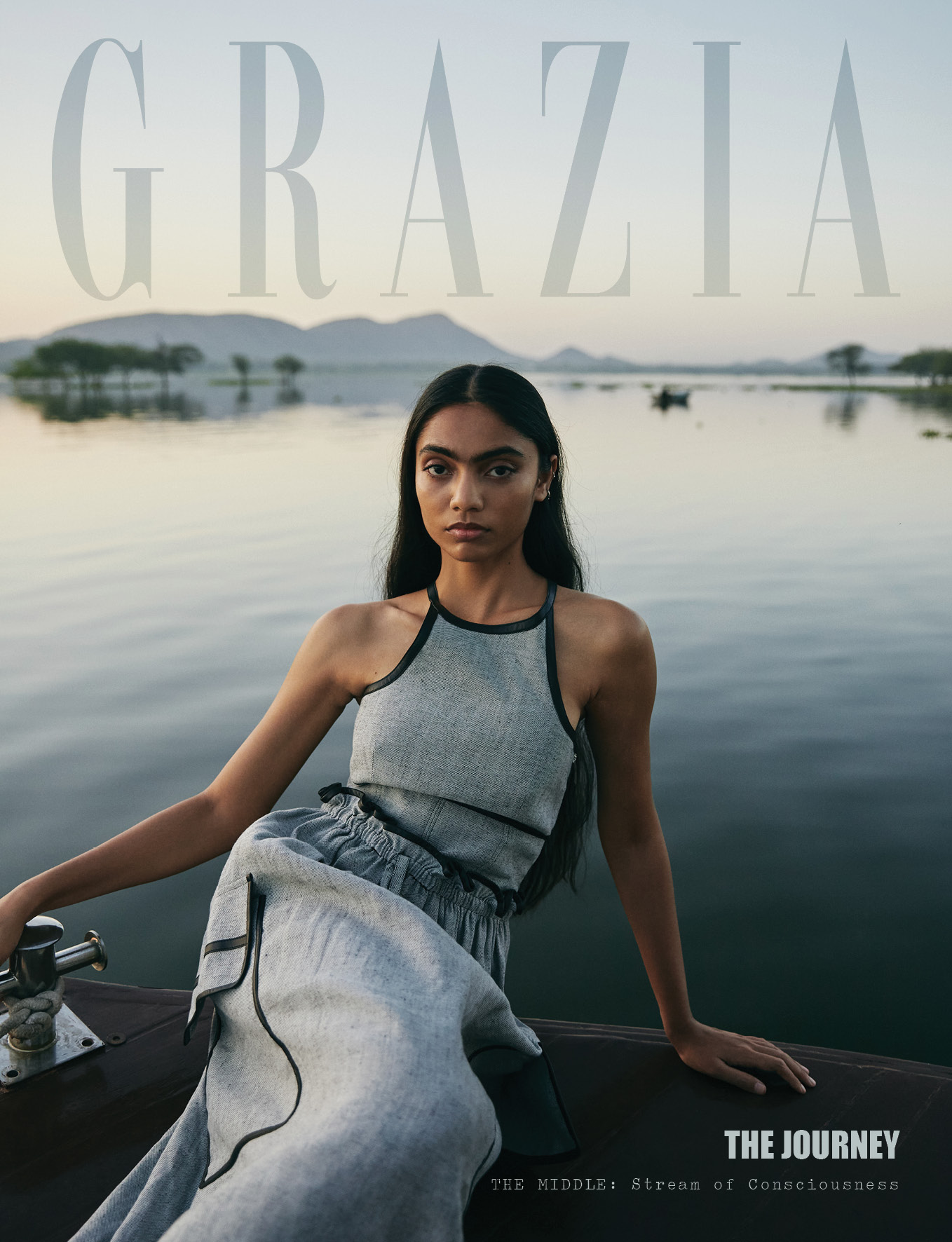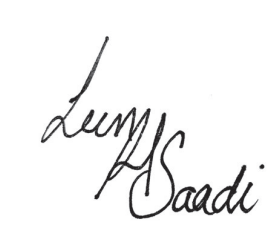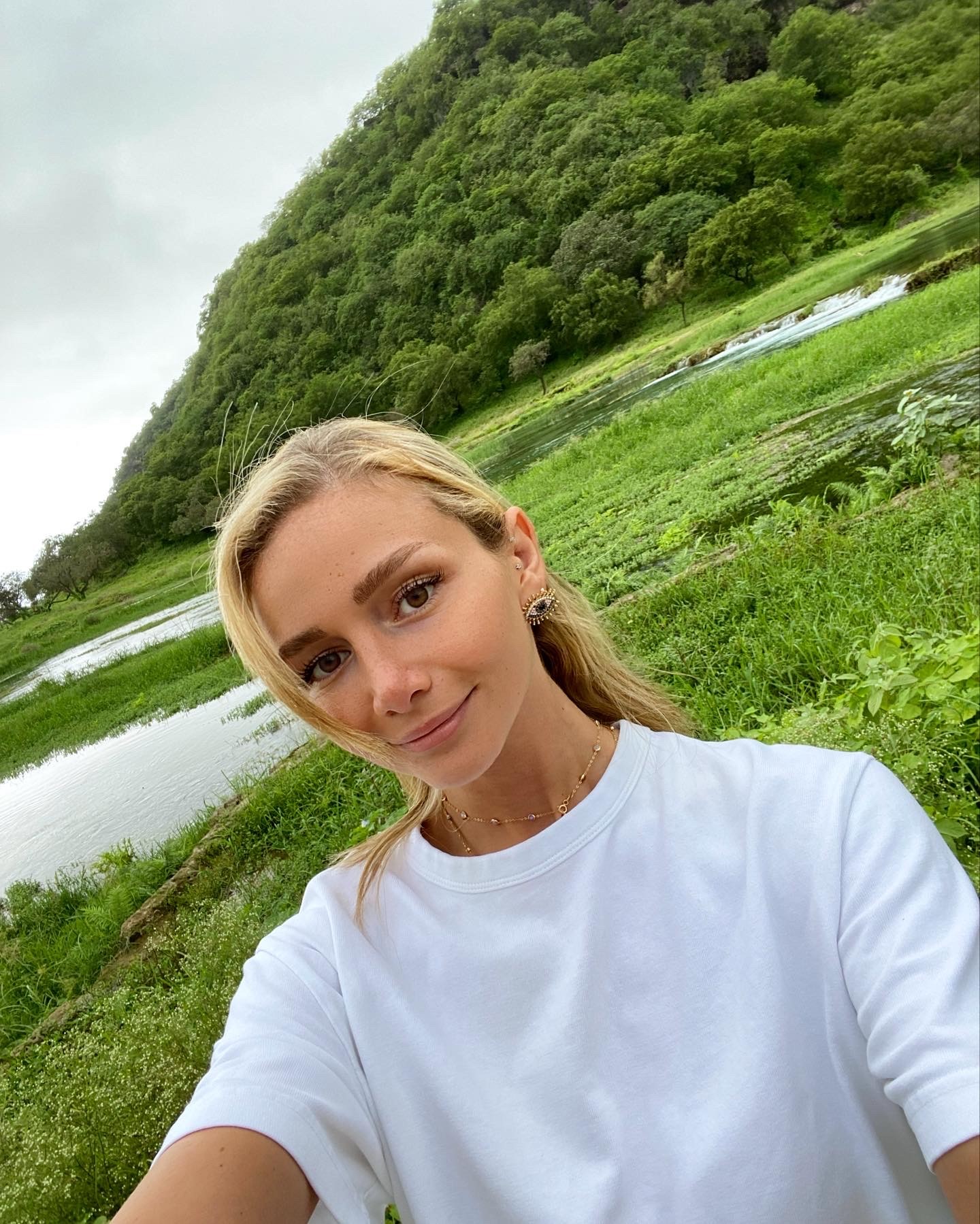
I thought a lot about what to write for this issue of GRAZIA. I thought about what a ‘journey’ means to me, and how I could sum up mine in a word. Then I thought of other people’s journeys, and how they look so different to mine. I asked myself, what exactly determines the journey life takes you on? Why does mine have its specific beginning, middle and inevitable end, whilst the chapters of someone else’s take them down an entirely different path? If I were to sum up the answer, it would ultimately be: privilege.
Yes, I’ve worked hard to stay on the path I am currently on. But there’s also no denying that my circumstances have helped me navigate this route to get to where I am, and still keep going.
“Get yourself out there and work. It seems like nobody wants to work these days,” was Kim Kardashian’s advice for women in business, and the internet wasn’t too happy with it (rightfully so). What makes the reality TV star’s advice so unjustifiable is her privilege in comparison to others. The way I see it, is that there are ranks of privilege, and as fortunate as I may be, my circumstances are incomparable to those of a woman who had a celebrity lawyer as a father, Olympic medallist as a stepfather and Paris Hilton as a best friend. There are several things that determine your circumstances, and ultimately, your advantages. Where you were born is a major factor. Just as who your parents are – if you even have those figures in your life to begin with – contributes too.
I couldn’t help but compare my own journey – and privilege – to that of a young girl who was born in a war zone, let’s say. According to Maslow’s hierarchy of needs, the most basic essentials a person must have, before they even consider any emotional requirements, is food, water, shelter and oxygen. How about those who have none, or barely any of these? Is it their fault that they can’t just “get themselves out there and work”?
I often think of my parents when musing over this topic. “I worked so hard so that my children won’t have to one day,” is what my father would always say to me. He did not come from a place of privilege, given that he was born in Palestine, a country where shelter wasn’t guaranteed. And yet, he worked tirelessly so that I wouldn’t need to strive as much as he did. My father’s approach, which I’m sure many other parents share, has secured me a position that he never had. And I cannot deny that I too share his ideology. Whilst no parent wants to raise spoiled children, a major reason that I work as hard as I do is so that my future kids won’t have to. And yet I wonder, does this mean that after generations of following my father’s ideology, that one day my great-great-great grandchildren will reach a status so high that they won’t even need to work at all? Would they eventually get to a point where their standing is ranked as high as a Kardashian’s?
I have a lot of respect for those who aren’t born privileged, and yet still have the perseverance to push through and try to change the route of their own journey. I always wonder what it is that keeps them going. Is it patience? Hope? Faith? In Islam, there is a word that symbolises one’s trust and reliance in a higher plan: tawakkul. When life does not go your way, when you work tirelessly and yet see no fruition to any of your dreams, you need to have an unimaginable tawakkul – or belief – in a higher power.
When I was younger, my mother used to tell me that our faith ensures that each and every person’s journey is predetermined from the moment they are born. I wondered if that meant that we had no free will. If every step was already mapped and planned out, including certain mistakes that I’d make throughout the course of my life, how could I be held accountable for these? Why would I be put through these struggles? She then explained that whilst every little instance of my life is pre-written, from me typing out this very letter to what time I go to sleep every single night, it is ultimately me who makes every decision. And yet, whilst we may have free will, my free will allows me to make choices that are very different to another’s, and that again, all comes down to privilege.
I’ve always believed that you cannot compare people’s resilience to hardship, just as you cannot compare people’s ability to withstand physical pain. But there must be a line where we stop ourselves from comparing the Kardashians of the world to the Malalas of the world.

LEEN AL SAADI
@LEENALSAADI
[email protected]
This Editor’s Letter is published in the third edition of GRAZIA Middle East. Click here to discover more from THE JOURNEY.









